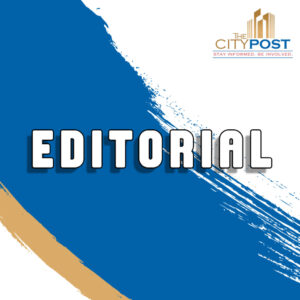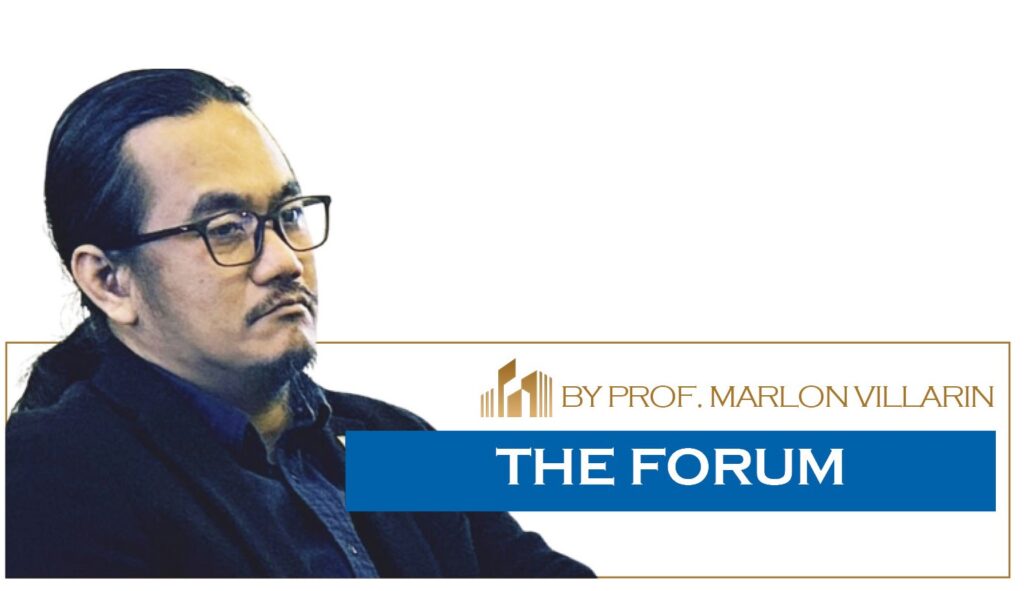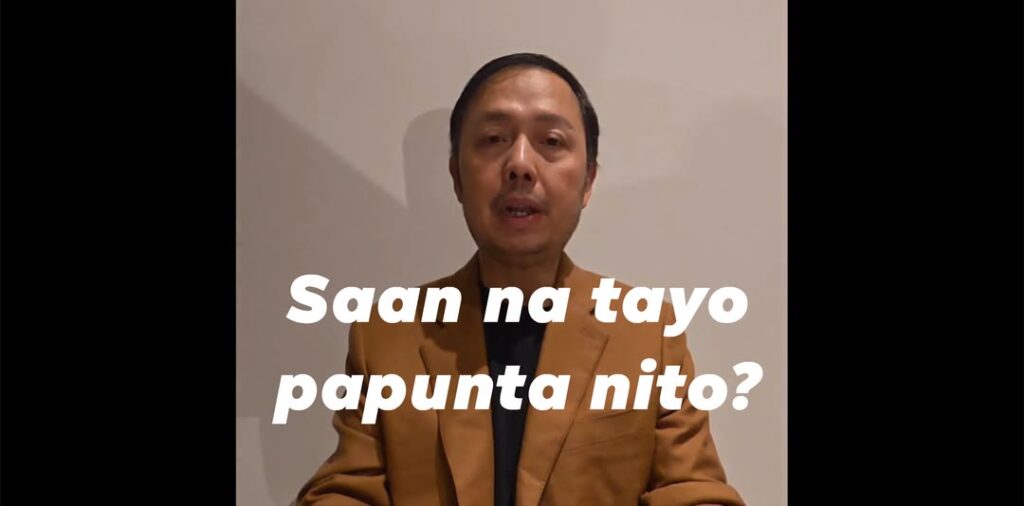Congress may be vested with the power of the purse, but since the Marcos dictatorship, the Palace has taken over the job of preparing the annual national budget. Automatic debt payment appropriations remain untouched, and the budget department, or a mere bureau under it, is tasked with preparing the allotments for all government agencies.
By doing so, the power of the purse supposedly exercised by the two houses of Congress has become a myth, and the crafting of the annual appropriations proposals has reduced to an opportunity to haggle over money, particularly before an election year. Next year being an election year, the vultures responsible for crafting the final edition of the 2025 General Appropriations Act (GAA), the notorious bi-scam conference committee has succeeded in forcing taxpayers to fund the redundant Ayuda para sa Kapos ang Kita Program (AKAP), a surprise insertion in the current budget, with Sen. Grace Poe even claiming her Senate committee proudly slashed the proposed P39-billion AKAP to a leaner P26-billion.
Yet, this is still P26 billion in tax money being shared by senators and congressmen under the guise of a program administered by the Department of Social Welfare and Development (DSWD.) Senators and congressmen have no business having their names attached to this AKAP thing and the DSWD should not even fool taxpayers that “padrinos” are not needed in disbursing the money. This is not a case of moderating the greed of lawmakers; this is about lawmakers meddling with unnecessary programs in support of the electoral campaigns of their corrupt brethren, or their sons and daughters. Lawmakers are elected to craft laws, not to distribute largesse among themselves, something that the Americans introduced to the Philippines in 1920.
In his Dec. 14, 2024 column, former Bayan Muna Rep. Satur Ocampo revealed that in its latest conclave, the bi-scam conference committee inserted a record-high P6.149 trillion in unprogrammed funds into the approved 2025 national budget. Ocampo wondered if this amount was different from the P531.665 Billion in unprogrammed funds that the national government can use prudently or waste wantonly for priority projects, contingencies, whether natural or man-made, meaning created by incompetent or negligent bureaucrats, and such wondrous projects as asphalting newly cemented roads or constructing bridges that lead to nowhere.
Under the National Expenditure Program (NEP), Ocampo revealed, that unprogrammed funds amounted to only P158.665 billion but again, the Lower House saw it as taken, pushing the amount by P373 billion. The original NEP was set at P5.767 trillion, with P4.009 trillion under the 2024 national budget and P1.757 trillion in automatic appropriations, continuing appropriations from 2023 and unprogrammed appropriations (UAs.) No less than P382.327 billion in extra UAs have been inserted in the running budget.
Teodoro Casiño, a former legislator and now chairman of the Bagong Alyansang Makabayan (Bayan), criticized the AKAP program as a “glaring attempt to legalize ‘ayuda politics’ in time for the 2025 elections.” Casino argued: “By routing funds through politicians, AKAP paves the way for massive vote-buying under the guise of financial assistance, turning the General Appropriations Act (national budget) into an instrument for electioneering.” A genuine “people’s budget,” Casiño pointed out, should “prioritize the needs of ordinary Filipinos – health, education and livelihood – not the ambitions and pockets of a privileged few.” AKAP is supposedly aimed at providing financial aid to people who are unemployed or who earn much less than the minimum wage.
UAs are funded by revenues in the form of new taxes or other fees collected by the government or the proceeds of loans for foreign-assisted projects. None of these factors have been cited by the Department of Budget and Management (DBM) as sources of the money to finance the bloated budget for 2025. Moreover, in the exercise of its strange authority, the DBM has already adjusted the national budget twice this year, adding P65.173 billion last September and another P98.904 billion the following month. Not content with that the DBM further worsened the debt by tacking P121.875 billion in unprogrammed funds to the budget. So, in just three months, DBM Secretary Amenah Pangandaman, said to be an understudy of former Budget Secretary Benjamin Diokno, padded the budget with P285.952-billion in unprogrammed funds.
Congress also junked any subsidy for PhilHealth next year, with the proposed P74 billion for 2025 scrapped since, as Poe claimed, the health insurance system has not yet used its P600-billion reserve fund even as the law is clear that the proceeds of sin taxes go to PhiliHealth, meaning it is entitled to compulsory allocation. The question now is: Where will the proceeds of sin taxes go? To the “health” programs of favored party lists? The annual budget-making process has become the curse of the purse for millions of Filipinos. PhilHealth was funded for many years by contributions from members and government subsidy for indigents was institutionalized only recently., and the government now wants it to be another of its many cash cows.




